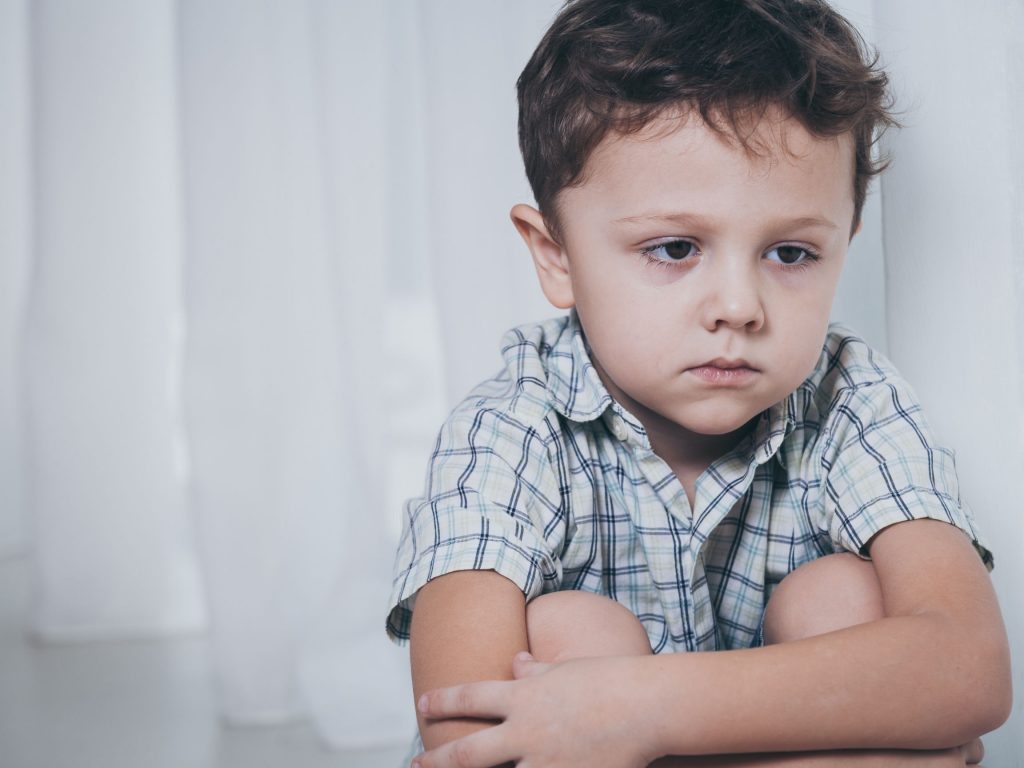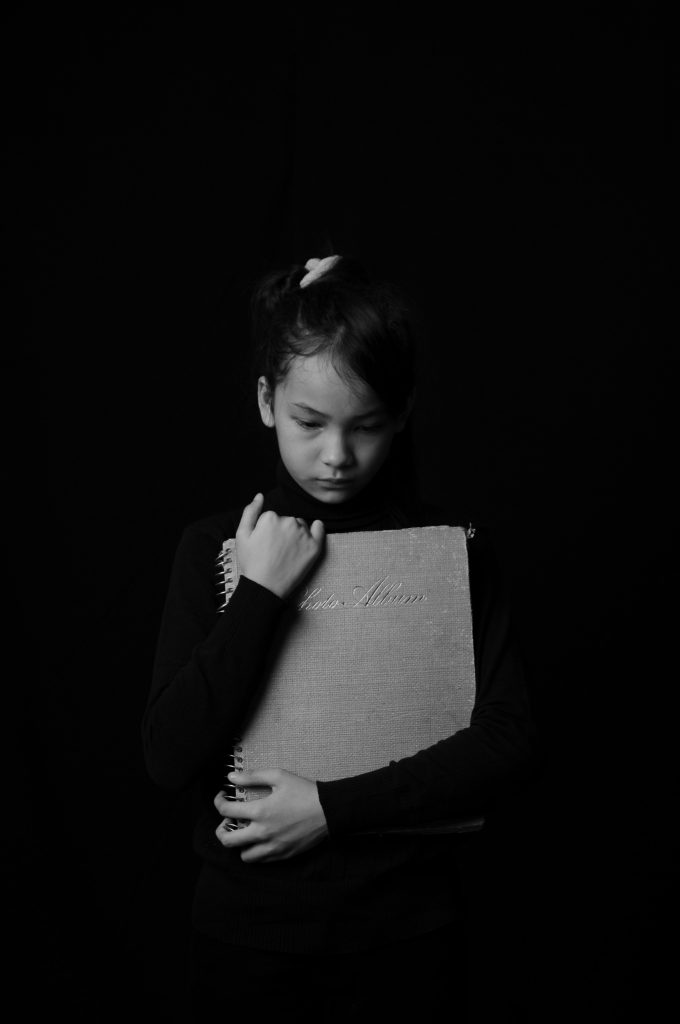Does your child defy the majority of your orders, as you continue to ruminate why he/she does it? You ought to revisit how your tone and language was when you talked to your child. Yes, this might seem like a petty thing, but fixing it might bore the fruits you were yearning for. According to multiple studies, even a slight error on the parents’ part while talking to their children affects the child psychologically, emotionally, mentally and physically to a large extent. Let us have a detailed look and delve deeper into this topic.
The Psychological Effect

Reminisce the yelling tone of yours while talking to your child? That affects him/her to a great extent. If you curb their freedom for petty reasons without understanding them properly, it will affect them psychologically both in the short and long run. If not dealt with properly, the child will have a timid response and often grow up as someone who either becomes an outrageous rebel or submissive. On the other hand, a softer tone while understanding the child’s behaviour will help them obey you while their freedom is preserved. They will share great camaraderie with you as well.
Emotional Effect

If you constantly yell at your child, whether it is necessary or not, you are in for some trouble when they grow up. Their emotional quotient might show it as well and outsiders might even take unprecedented advantage of them when they grow up to be adults. Also, such children will not respect you surely and if this continues in their teenage, they might suffer from anxiety and depression. All they want is their parents to understand them without any judgement. Try this – Talk to them in a softer tone and see them grow emotionally at an unprecedented rate. They will understand you and themselves better too.
Insecurity

If you as a parent continuously keep torturing your child, he/she will be bound to feel insecure around you. As they grow up, they will keep secrets from you and let themselves suffer from things that they normally should tell you. However, your behaviour and language make them think that you are of little help to them. This insecurity translates into rebellion, a lack of attachment, lack of respect and very little camaraderie with you. On the other hand, if you make them feel secure by the way you talk with them, they will consider you as a pal from school or college and speak their heart out to you. This will ensure that they share great chemistry with you and be the bulwark of your relationship.
Attitude

Children whose parents constantly yell at them or talk in a way that displeasures them often end up having a pessimistic outlook about life. They develop a rebellious attitude and want to defy all the curbs that people intend to put on them. They tend to undervalue qualities such as care and affection that people show for them.
Physical Effect

Your bad behaviour towards your child while talking to them can translate to perilous physical effects on them such as constant headaches, body weakness, dizziness and a few others. There is no way that they can sustain physical strength and endurance if they are mentally ill in any way. This also affects their performance in academics and co-curricular activities that are a vital cog for their overall growth. The ball is in your court as a parent.
A sense of fear

Children who have experienced constant mental torture from their parents tend to develop fear even for the simplest of situations. They fail to deal with it effectively and it results in long-lasting repercussions making their lives tougher.
Hence, it is important that parents learn how to talk to their children, lest it will have major harmful effects on them.






